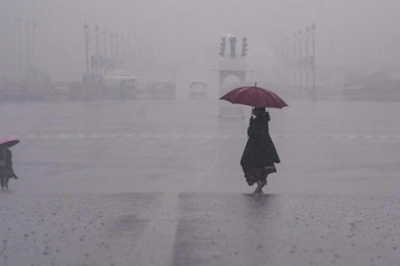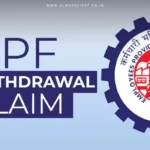
Key Highlights
- Stage 3 restrictions under the Graded Response Action Plan (GRAP) lifted due to improved air quality.
- Delhi’s AQI now in the ‘poor’ category at 324, down from ‘severe.’
- Stage 1 and 2 measures remain in force to prevent further deterioration.
Air Quality Improvement
The Commission for Air Quality Management (CAQM) has rolled back Stage III measures following a steady decline in air pollution, aided by recent rainfall and improved meteorological conditions. The shift has brought Delhi’s air quality index (AQI) out of the severe range, which previously required stringent restrictions, including bans on certain vehicles and construction activities.
GRAP Stage III Restrictions
Under Stage III, the following measures were in place:
- Ban on non-essential construction work in the private sector.
- Shift to hybrid classes for students up to Grade 5.
- Restrictions on BS-III petrol and BS-IV diesel cars (4-wheelers).
- Ban on non-essential medium goods vehicles with BS-IV or older diesel engines.
Current Measures and Vigilance
Though Stage III measures have been withdrawn, Stage I and II curbs remain, including:
- Prohibition of certain industrial and vehicular activities.
- Promotion of dust control and waste management practices.
The Supreme Court previously mandated implementing Stage III when AQI exceeds 350 and Stage IV at levels above 400. This activation had occurred recently when Delhi’s AQI crossed 401, prompting the highest level of pollution control actions.
Meteorological Outlook
Forecasts by the India Meteorological Department (IMD) and Indian Institute of Tropical Meteorology suggest continuing improvement in air quality due to favorable weather conditions. However, authorities emphasize vigilance to ensure pollution levels do not escalate again.
Conclusion
The lifting of GRAP Stage III restrictions is a positive step for Delhi, reflecting temporary relief from severe pollution levels. With proactive measures under Stages I and II, the CAQM remains focused on maintaining air quality improvements and protecting public health.









































Leave a Reply